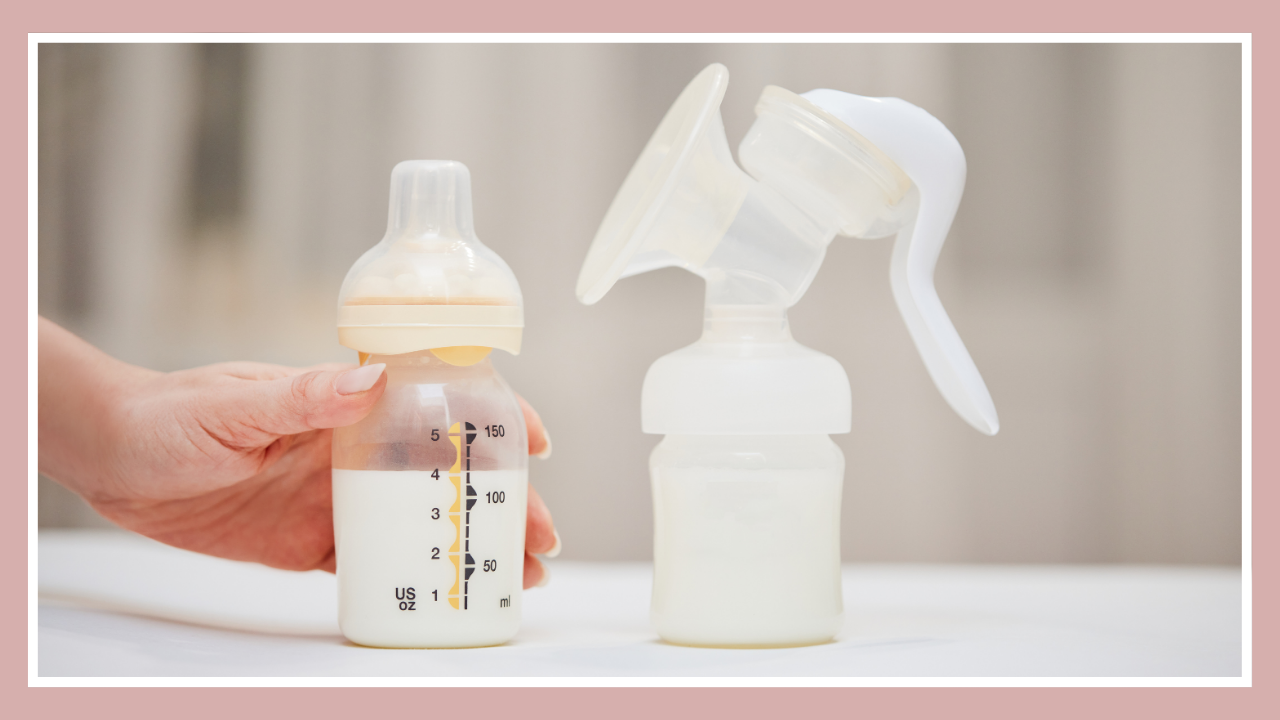
Postpartum Hair Loss and Skin Changes: What to Expect and How to Cope
May 21, 2024For many new moms, the postpartum period brings about a variety of physical changes that can be both surprising and challenging to deal with, particularly when it comes to hair loss and skin problems. While these issues are completely normal and temporary side effects of fluctuating hormones after giving birth, they can still take an emotional toll and feel disheartening to experience.
In this guide, we'll dive into the common postpartum hair loss and skin changes you may face, explore the causes behind them, and provide tips on how to cope and care for your postpartum body during this transition.
Understanding Postpartum Hair Loss
During pregnancy, you likely experienced thicker, fuller hair thanks to a surge of hormones that kept your hair in its growth phase. However, after delivery when those hormone levels plummet, you'll begin to shed the excess hair retained during pregnancy – often coming out in clumps in the shower or while brushing.
This excessive shedding, known as telogen effluvium, typically starts around 2-4 months postpartum and can be alarming, especially if your once lush pregnancy locks are suddenly looking sparse and limp.
While it may seem like you're losing an exceptional amount of hair, rest assured this is a very normal and temporary condition, and your hair will eventually return to its normal growth cycle within 6-12 months after giving birth. In the meantime, the hair shedding does tend to come in "waves," so try to be patient and gentle on yourself as your body adjusts.
Managing Postpartum Hair Loss
As distressing as it can feel to see large clumps of hair coming out, there are ways to help manage the condition and make your hair appear fuller while it recovers:
- Take a good quality prenatal vitamin - here are a few of my favorites
- Increase vitamins and minerals like biotin, iron, zinc, vitamins A, B12, C, D & E
- Use a gentle, sulfate-free shampoo and conditioner
- Avoid excessive styling, heat tools, chemical treatments
- Consider using volumizing/thickening products
- Try using dry shampoo between washes for added texture
- Experiment with hairstyles like braids and updos to camouflage sparse areas
- Talk to your stylist about ideal cuts and styling for thinning hair
- Be patient and kind to yourself – this phase is only temporary!
While frustrating, postpartum hair loss does happen to the majority of moms. Taking the steps above can make a big difference in decreasing the shedding.
Postpartum Skin Problems
Just as your hormones wreak temporary havoc on your hair, they also take a toll on your skin in the postpartum period. From acne to melasma, rashes to dryness, chances are you'll experience some level of skin issues as your body gradually returns to its pre-pregnancy state.
- Acne: Those hormonal roller coasters can lead to nasty breakouts, sometimes worse than the acne you got as a teenager. Again, this is really common and will subside as your hormone levels even out.
- Melasma: You know those patchy brown areas of skin discoloration you maybe got while expecting, often on your face? That's melasma, caused by pregnancy hormones. For some women, those stubborn mask-like patches stick around for months postpartum.
- Rashes: Whether from hormones, sweat, or skin-to-skin contact while nursing, rashes, itchiness and other skin irritations are fairly typical in the postpartum stage.
- Dryness: Hormonal shifts can make skin drier than usual, especially if you're breastfeeding which further zaps moisture.
While you can't necessarily control when these postpartum skin issues will fully resolve, some self-care can help manage the symptoms in the meantime.
Caring for Postpartum Skin
Try these tips to help combat common postpartum skin problems:
For Acne:
- Use an oil-free, gentle face wash and moisturizer
- Spot treat blemishes with benzoyl peroxide, salicylic acid (avoid while nursing)
- Avoid picking at pimples to prevent scarring
For Melasma:
- Use daily sunscreen and protective clothing to prevent darkening
- Try a brightening serum with vitamin C or kojic acid
- Don't wax facial hair, which can exacerbate melasma
For Rashes/Irritation:
- Apply fragrance-free, hypoallergenic moisturizers
- Use soothing colloidal oatmeal baths
- Wear breathable fabrics to reduce sweating/friction
For Dryness:
- Use gentle, creamy, fragrance-free cleansers
- Apply a heavier cream or oil to damp skin after bathing
- Drink plenty of water and moisturize frequently
Give Yourself Grace
While no one looks forward to the hair loss, breakouts, and other fun skin issues that often accompany the postpartum phase, it's important to remember that these changes are normal, temporary, and the result of your body working hard to recover from an incredible feat.
Above all else, be kind and patient with yourself as your hormones regulate and your pre-baby hair and skin patterns resume. Don't be afraid to seek professional help if issues seem excessive or prolonged. Use this time to embrace self-care, stay hydrated, and know that this too shall pass. Your temple will return to its pre-baby condition soon enough!
Bringing a new life into the world is miraculous, and the postpartum hormonal shifts are simply part of that journey. With the right self-care and mindset, you've got this!






